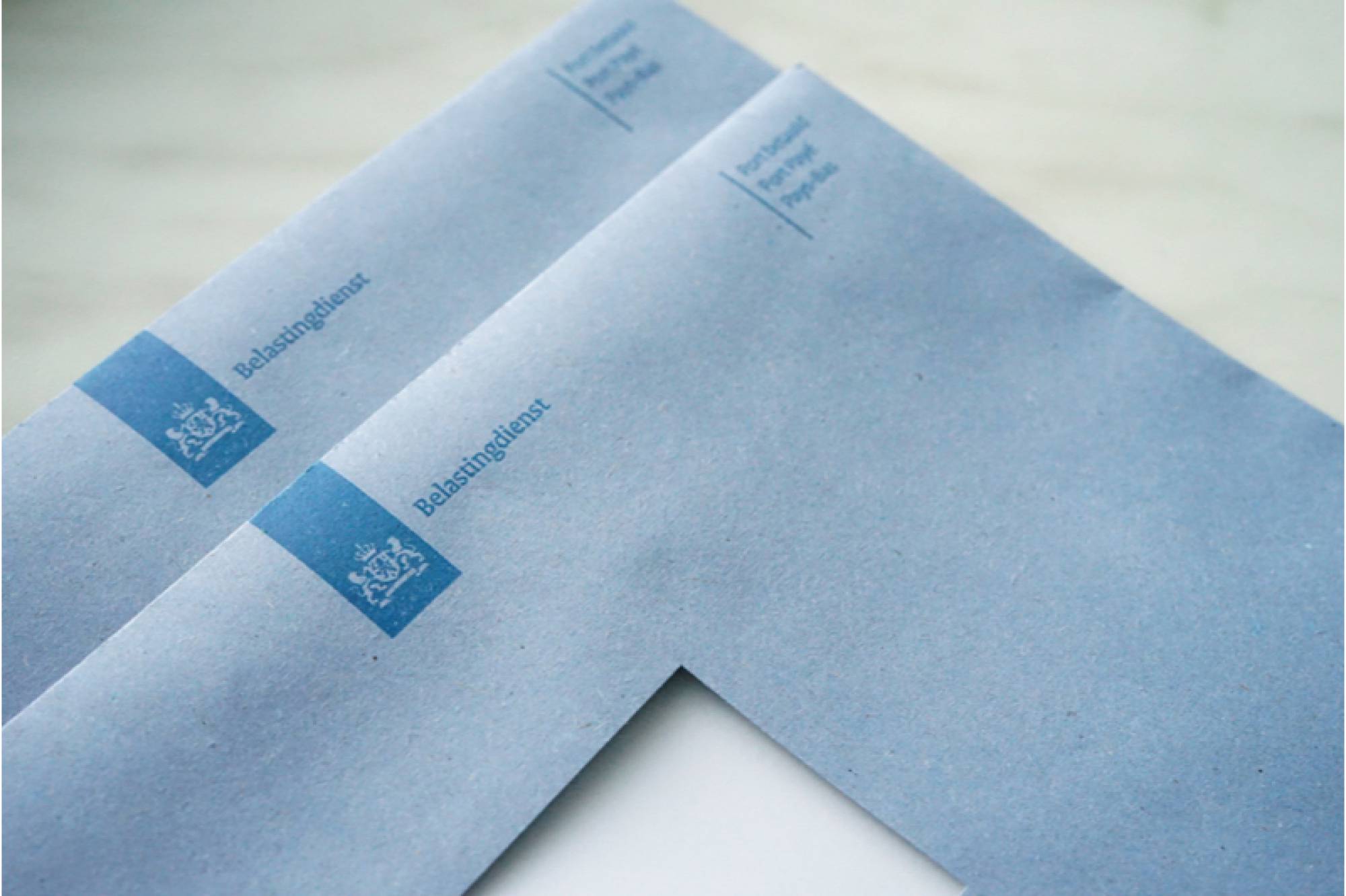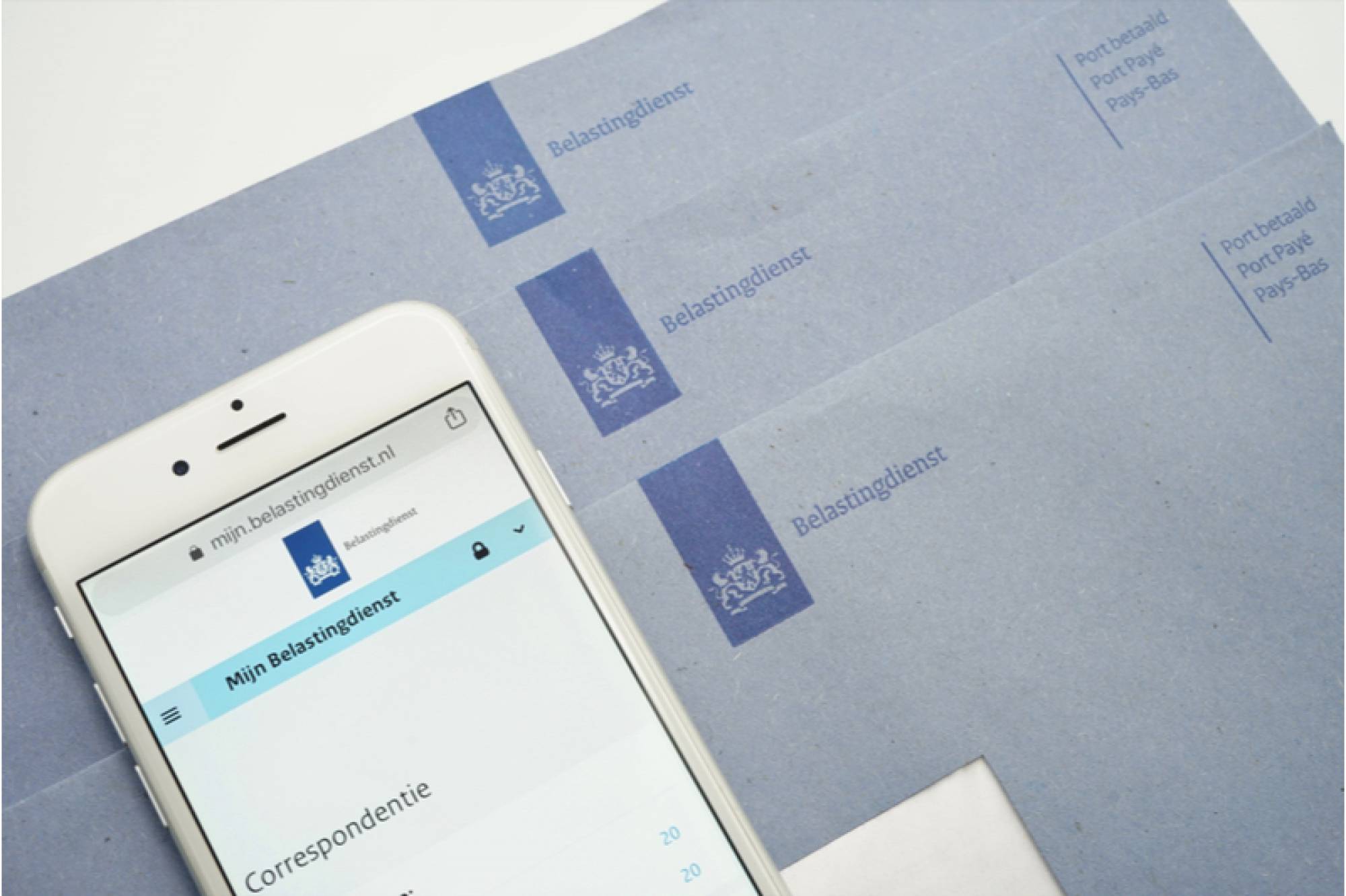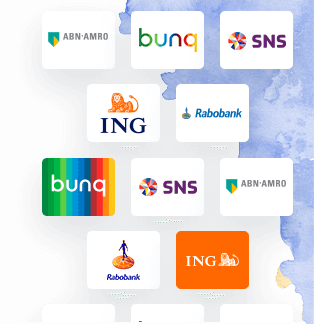
Income tax (inkomstenbelasting)
If you are working and earning money in the Netherlands, you have to pay tax on your income. This income tax you have to declare via your annual tax return (aangifte inkomstenbelasting). You can do this online yourself, but we are also happy to help you out with this.
If you are employed by a company, then your employer will withhold your income tax from your salary. This is called wage tax and is part of your payroll tax (see next point). If you are self-employed in the Netherlands, then you have to calculate and pay your income tax yourself via the annual tax return.
Payroll tax (loonheffing)
The payroll tax consists of the tax and other contributions that an employer withholds from his/her employee’s salary. As an employee, this saves you from having to pay these taxes and contributions later as part of your income tax. The payroll tax levy is made up of tax on your salary (wage tax or loonbelasting), national insurance contributions for pensions, unemployment allowance, and other Dutch benefits and allowances. So your payroll tax is deducted from your gross salary every month. Consequently, there is a large difference between your gross salary (bruto salaris), which includes the payroll tax, and your net salary (netto salaris), which is what remains after your payroll tax is deducted. Therefore, if you are an expat it is important to keep this deduction in mind when you are negotiating the salary that you will receive for your new job, for the employer will make you a gross salary offer, not a net one.
Taxes for Companies / Self-Employed: VAT sales tax (BTW / omzetbelasting)
The Belastingdienst also collects taxes via the sales or revenue tax (omzetbelasting), which is called BTW (belasting over de toegevoegde waarde) in the Netherlands. All businesses, except for some foundations and associations, must add BTW to the price of their goods and services. There are three different BTW rates, depending on the type of goods and/or services that a business provides:
- 0%: Mostly for travel and import/export goods and services.
- 9%: Mostly for goods and services pertaining to living and subsistence.
- 21%: The most common rate, which is charged for all goods and services that are not eligible for the 0% or - 9% rate.
So, all businesses (including freelancers) must calculate the BTW they have earned and spent via a quarterly sales tax declaration (BTW aangifte). If you’re an entrepreneur, you then pay this amount to the Belastingdienst.

Annual income tax return (aangifte inkomstenbelasting)
Even though your wage tax will already be withheld from your gross salary as an advance levy or payment on your income tax, in most cases you will still need to complete an annual income tax return. The Dutch tax-office requires this so it can balance your pre-levied taxes with other factors pertaining to your financial situation – a mortgage, your partner’s income, tax deductions like healthcare or study costs, or savings, investments or additional income. If none of these factors pertains to you, your finances might be simple enough to not require you to complete an annual income tax return at all. However, don’t worry too much over this, because in general, the Dutch tax office will find you if it requires you to complete one. If you are required to complete an annual income tax return, you will receive a letter (aangiftebrief) from the Dutch tax office in January. The Dutch fiscal year runs from January 1 to December 31, and in their letter, they will ask you to complete a tax return for the previous year. If you are unsure about your situation or if you feel like you should have received a letter, you can call the BelastingTelefoon on 0800 0543 or visit one of their offices, but you are also welcome to contact us to clarify the matter.
What is the deadline for the Dutch tax return?
From the 1st of March 1 until the 30th of April you can fill in and submit your annual income tax return runs. If you run late with your submission you can be fined for this. However, you or your accountant can request an extension (uitstel aangifte) for this. Keep in mind you’re your request is only valid if the tax office has received it before the tax return deadline. You can request your extension via the BelastingTelefoon or via the “Mijn Belastingdienst” section on their website (you’ll need your DigiD to login).
Beside the income tax, the Dutch government levies taxes on imported goods, motor vehicles, inheritances, gifts, corporations, property and business transfers, and gambling.






















